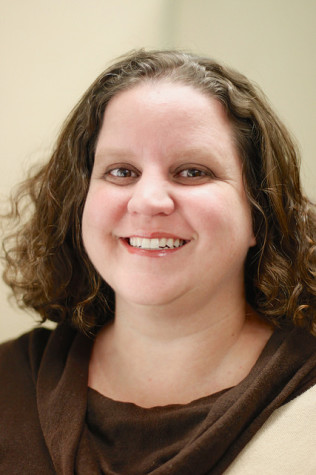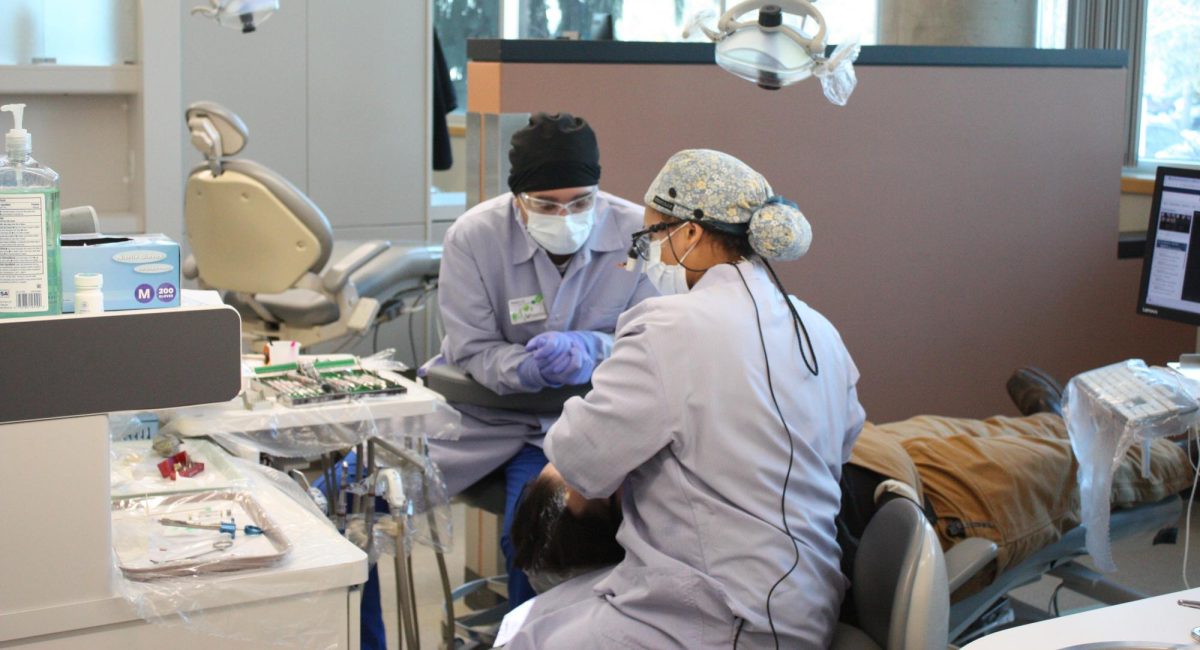Faculty and staff further their education
February 7, 2013
Tenured and tenure-track faculty working full time at Eastern pursue professional growth activities each year in order to stay current in their particular fields and be able to teach their students using current information.
Each faculty member who is tenured or on the tenure track makes an individual activity plan each year that is based on broad principles in the collective bargaining agreement between EWU and the United Faculty of Eastern, according to Rex Fuller, provost and vice president of academic affairs.
Each plan contains that faculty member’s responsibilities for teaching, community service, and research or creative activities. According to the bargaining agreement, it is typically developed by consulting with the department chairperson and departmental personnel committees.
The collective bargaining agreement says, “All faculty members are expected to be current in their field or discipline and maintain methods of professional practice or performance.”
In a later section it spells out that tenured and tenure-track faculty are expected to do research or creative activities, including publication, performance or presentations. These professional activities may lead to “external funding recognizing the faculty member’s current or potential contribution to his [or] her field.”
In day-to-day practice, these general guidelines for continuing education play out differently in different departments.
“With our department, most of our professors will publish a paper or two a year, which is a lot,” said Dr. Donald Richter, professor of mechanical engineering. “The only funds that are available would be the personal development funds that are specified in the union contract.”
Richter’s professional activities include the recent robotics event as well as the upcoming First Robotics competition here at Eastern April 3 through April 6. He attends seminars and webinars on robotics and automation, and he attends technical talks at weekly meetings of the American Society of Heating, Refrigerating and Air-conditioning Engineers.
Jason Durfee, associate professor in the department of engineering and design, described continuing education requirements in his department.
“I have to have a certain number of professional scholarly activities—professional conferences, symposia, workshops. In addition, I have an engineering license that’s part of [my] job requirements, and for that, I have to get some continuing education every couple of years,” Durfee said.
“Every [tenure or tenure-track] faculty member gets personal development funds, $1,200 a year. With that, you can buy some lab equipment or whatever to do some research, or you can spend it to travel to a conference. … Engineering is very equipment-intensive.”
Professor of history Ann Le Bar said that money is available at the college level for occasional travel to conferences. “That used to make it possible to get all the way to a conference and back, but it doesn’t anymore,” she said.
“The university makes available this $1,200 a year for us to spend on whatever. Generally speaking, faculty use it for traveling to conferences, purchasing books and purchasing equipment. There’s almost no professional development money available for adjunct professors.”
Tom Couraud works in the visual communication and design department. As a senior lecturer, he is neither tenured nor on the tenure track. “In my case, as a senior lecturer, I’m not required to follow that tenure process,” Couraud said. “Our department encourages that everybody is seeking some kind of professional development. It’s kind of required in our industry.
“The industry is constantly changing with technology, so we’re keeping up with that. We’re always self-training and going to conferences or whatever. We’re always doing something to maintain our level of expertise. We follow our own advice—we’re lifelong learners.”








